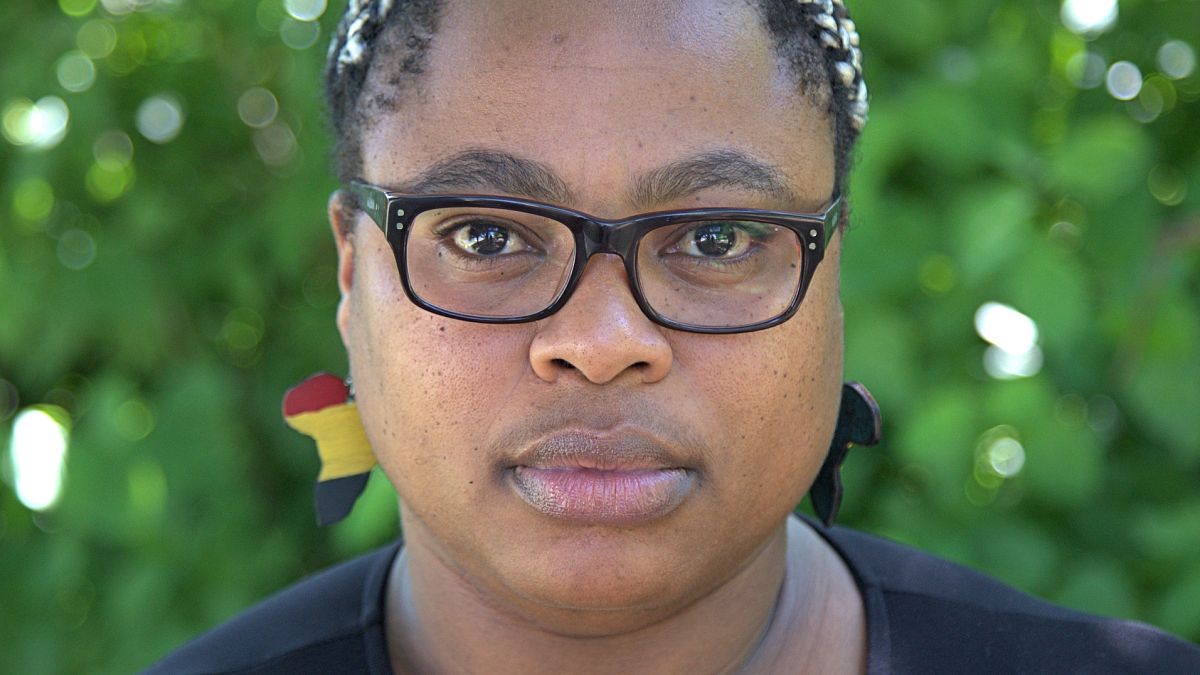On World Day against Trafficking in Persons, it's clear the British government has a long way to go to end widespread sexual exploitation happening within its own borders, despite claiming to be a leader in the fight against modern slavery.
By Samantha Ferrell-Schweppenstedde
Since passing the Modern Slavery Act in 2015, the UK government has claimed to be a global leader in the fight against 21st century slavery, with Theresa May pledging to “rid the world of the barbaric evil” that represents “the great human rights issue of our time.”
Yet despite its claims, over the last three years the UK has fallen short in this mission. A 2017 report by Her Majesty’s Inspectorate of Constabulary and Fire & Rescue Services found police forces failing to recognise human trafficking cases or to protect victims, resulting in them being arrested as offenders or illegal immigrants, or left in the hands of their exploiters.
Other problems include varying commitment amongst police leaders to addressing human trafficking, poor and inconsistent co-ordination and sharing of information, and a lack of understanding and use of the Modern Slavery Act.
Meanwhile, the Home Office has admitted that it has an “incomplete picture” of the crime, its victims and its perpetrators, and that prosecution rates remain “very low”.
The Global Slavery Index estimates that Britain is home to around 136,000 modern slaves - trapped in forced labour, sex exploitation and forced marriages.
Trafficking for sexual exploitation continues to be the main form of abuse faced by women and girls in the UK. Fueling this serious human rights abuse is the prevalence and accessibility of adult services websites, condemned by the Joint Slavery and Trafficking Analysis Centre as “the most significant enabler of sexual exploitation in the UK.”
The internet has enabled sex trafficking to become the fastest growing criminal enterprise in the world, worth a stunning $99 billion a year. This expansion relates directly to the increasing use of digital platforms to sell people online, because like any other ‘successful’ business, sex traffickers rely on communication and marketing tools to generate an on-going cycle of demand and supply.
The continued existence of such websites highlights the glaring gaps in law within the Modern Slavery Act, particularly as it relates to women.
While the Act goes a long way to protecting those in labour exploitation through a requirement for companies to report on their supply chains, it is men who are most likely to face this form of exploitation. The legislation does nothing to specifically address the issue of sexual exploitation of women and girls as a distinct form of trafficking.
According to the UN, the vast majority of all human trafficking victims – some 71 per cent – are women and girls, who are predominately trafficked for marriage and sexual slavery. Of all sex trafficking victims globally, 96 per cent are female.
Sex trafficking survivors are clear that their experience is one of rape, not forced labour, and that different solutions are required.
As sex trafficking survivor and activist Grizelda Grootboom explains, “for survivors it never occurred to us that we’d think of prostitution as work, we were held by force and intimidation. The person paying for your body treats it like a product or an object, he pays to do whatever he wants.”
“My body has been badly damaged from sex trafficking and it reminds me every day about what has happened. I was forced into this situation and now I have to deal with the consequences. For me it’s physically very painful. My vagina muscles don’t work well so when I walk I wet myself because I am so stretched, I will either need a colostomy bag or an operation. Even to feel comfortable for a doctor to touch me, it took me four or five training sessions.”
In July, MPs from all major political parties took part in a Westminster Hall debate on tackling demand for commercial sexual exploitation. With men in Britain purchasing sex from victims of trafficking an estimated 3 to 8 million times in one year alone, the demand for paid sex is the key driver of trafficking of women and girls in the UK.
In other words, women are trafficked for sexual exploitation in the UK because there is a market of men who are willing to buy them.
The laws surrounding prostitution in Britain are ineffective, ambiguous, and ultimately harmful to the victims of trafficking and sexual exploitation. In countries such as Sweden and France, where prostitution laws hold buyers accountable, and support women to exit prostitution if they wish to do so, trafficking for sexual exploitation is reduced. No demand, no supply.
Paying for sex is not a human right. Living free from sexual exploitation is. As we commemorate World Day against Trafficking in Persons, if the British Government is serious about wanting to end this “barbaric evil”, it is clear what needs to be done to tackle this problem, including taking steps to close gaps in service provision and holding perpetrators and facilitators of sex trafficking accountable.
Samantha Ferrell-Schweppenstedde is a programme officer at Equality Now.
Opinions expressed in View articles do not reflect those of euronews.
